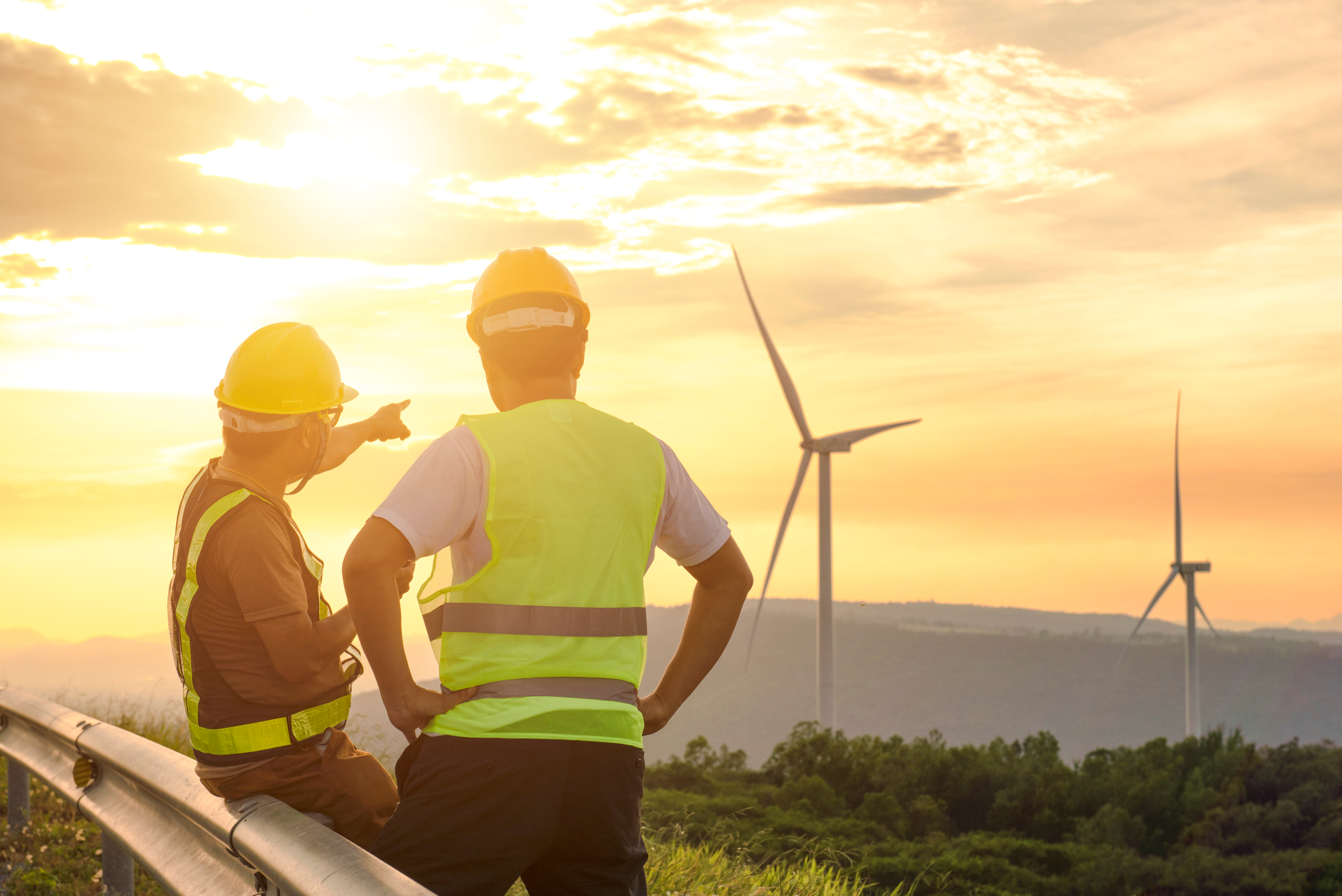CONTEXT
Southeast Asia (SEA) is one of the fastest developing regions in the world with energy demand projected to grow by 60% over the next 20 years. Indonesia, Philippines, Thailand, and Vietnam represent nearly three-quarters of total power generation in Southeast Asia, and account for about 72% of the region’s GDP and for 82% of its population; therefore, the ability of the region to meet its development goals largely depends on these countries’ current and future energy choices. Despite sustained deflationary global trends and the potential of renewable energy in the region, fossil fuels remain SEA’s dominant source of energy, subjecting the region’s economies to deep long-term economic and environmental risks. Several barriers hinder the scaling up of renewables including inconsistent energy planning, inappropriate consideration of their and energy efficiency potential, grid capacity and stability concerns, lack of cross border integration of power systems as well as political economy dynamics that favour incumbent fossil technologies.
SEA is a key region to drive global climate action and to achieve the Paris Agreement objective. Limiting temperature increase to 1.5°C would avoid the worst impacts of climate change. To reach this objective, the use of renewable energy should be rapidly increased with the aim to complete a total phase-out of coal by 2050 at the latest.
OBJECTIVE
Against this background, CASE aims to support a narrative change in the power sector towards an evidence-based energy transition that robustly supports the region’s development strategies as it pursues Paris Agreement goals. The programme makes use of available research initiatives while generating new evidence grounded in local realities that can influence economic managers, power sector decision makers, industry leaders and electricity consumers to support early, speedy, and responsive strategic reforms in the power sector. To reach this objective, the programme applies a joint fact-finding approach involving expert analysis and dialogue to work towards consensus by converging areas of disagreement. Overall, the creation of this evidence is expected to equip policy makers and businesses with the knowledge and capacities to manage the power sector transition in a socially just way. CASE also supports exchange and coordination in the SEA power sector, providing technical and policy support and facilitate discourse around a new energy vision. Through these different activities, CASE will directly contribute to the transition of the power sector towards clean, affordable and secure energy for SEA.
APPROACHES
CASE is jointly implemented by GIZ and international and local expert organisations in the area of sustainable energy transformation and climate change.
International expert organisations : Agora Energiewende and NewClimate Institute
Local expert organisations :
Institute for Essential Services Reform in Indonesia
Institute for Climate and Sustainable Cities in the Philippines
Energy Research Institute and Thailand Development Research Institute in Thailand
Vietnam Initiative for Energy Transition in Vietnam
Furthermore, CASE is part of a global coordinated effort to support SEA countries in the ongoing energy transition process. CASE is an aligned programme of the Energy Transition Partnership (ETP), an alliance of international donors, philanthropies, and partner governments established to accelerate energy transition and to support sustainable development goals in Southeast Asia.
The expected main outputs of CASE are:
- Research and Evidence: The evidence base for an energy transition in SEA is improved.
- Transparency and Mapping: Transparency and cooperation between key stakeholders’ activities with respect to essential elements of the energy transition is strengthened to maximise synergies.
- Dialogue (non-energy sector): The dialogue on energy transition within government bodies is improved.
- Technical Assistance (energy sector): The capacities of key energy sector stakeholders to undertake an energy transition are strengthened.
- Promoting public discourse: A public discourse on energy transition is established.
COUNTRY
Indonesia, the Philippines, Thailand, Vietnam
PROJECT PARTNERS
Directorate of Energy, Telecommunication, and Informatics – Ministry of National Development Planning, Indonesia
Renewable Energy Management Bureau – Department of Energy, Philippines
Energy Policy and Planning Office – Ministry of Energy, Thailand
Committee for Science, Technology and Environment – Vietnam National Assembly, Vietnam
PROJECT DURATION
April 2020 – February 2027
TO COMPLY WITH INDEPENDENT COMPLAINT MECHANISM (IKI ICM), PLEASE REPORT ANY WRONGDOING HERE.
